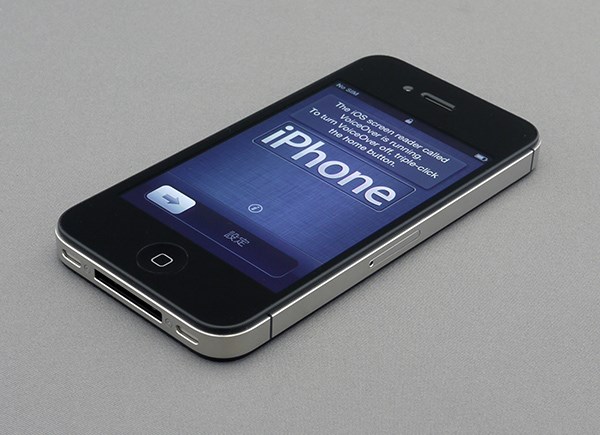When it comes to things like torture, most Canadians would say they were against the practice. But what if I were to tell you that some bad guy had strapped a bomb to your spouse or child, and the only way to save their life was to beat or waterboard information out of the villain? Would you do it? It’s not such a cut-and-dried answer when someone you love is involved, is it? And, you could definitely make the argument that the security of your loved ones outweighs taking the moral high ground.
It’s the same sort of ethical dilemma in which Apple is embroiled with the FBI, currently, and the outcome could affect us all. At the heart of the issue is a court order obtained by the FBI demanding Apple help the agency unlock an iPhone used by the gunman behind the San Bernardino, Calif. terror attack, Syed Rizwan Farook.
You see, because consumers demand security and privacy from their electronics today, Apple spent a lot of time working on how its iPhones work. All your texts, pictures and other data are encrypted by default on the devices. And unless you have the proper password, you’re not getting anything from someone’s iPhone, because after 10 unsuccessful password attempts, the device will automatically erase all of its data. Poof! All gone. Forever. And not even Apple can get it back.
The FBI wants to get into Farook’s iPhone, because they want to access as much information as possible and make sure there were no other accomplices or more attacks planned for the future.
So they got the courts to order Apple to alter the operating system of Farook’s phone so they can make unlimited attempts at the password without it being erased. Family members of some of the 14 victims of the deadly attack are supporting the FBI’s order. And on the face of it, the demand seems reasonable, given the circumstances.
However, Apple has thus far refused the order, arguing it would erode the trust of customers and open up a backdoor for government agencies to access anyone’s iPhone at will. They say it is inconceivable that a court could order and basically “deputize” a company’s developers and programmers and force them to create a brand new piece of software or code that circumvents their own security measures. Apple feels so strongly about the issue, in fact, that the company even posted a letter to customers and the world on its web site, explaining its position. The letter, by Apple head Tim Cook, talks about the greater implications of complying with the FBI order, such as setting a legal precedent that expands the government’s powers, and the erosion of security and privacy.
Cook also criticizes the FBI for using an outdated law from 1789 to try to expand its powers into the modern digital world. According to Cook’s letter, “If the government can use the All Writs Act to make it easier to unlock your iPhone, it would have the power to reach into anyone’s device to capture their data. The government could extend this breach of privacy and demand that Apple build surveillance software to intercept your messages, access your health records or financial data, track your location, or even access your phone’s microphone or camera without your knowledge.”
And, thanks to NSA whistleblower Edward Snowden, we know the U.S. government has been quietly snooping and collecting data on pretty much everyone over the years. So, it is pretty reasonable to suppose they would use any new software provided by Apple to continue to spy on its citizens (and anyone else), as well as bad guys. And it seems lots of people seem to agree with Apple, including something like 32 law professors, eBay, Google, Twitter and more.
As the court dispute continues to wage, tech pundits and consumers alike are watching to see how it will all play out. Regardless of who ultimately prevails in this particular fight between personal privacy and national security, it will certainly alter the landscape of digital security forever.




